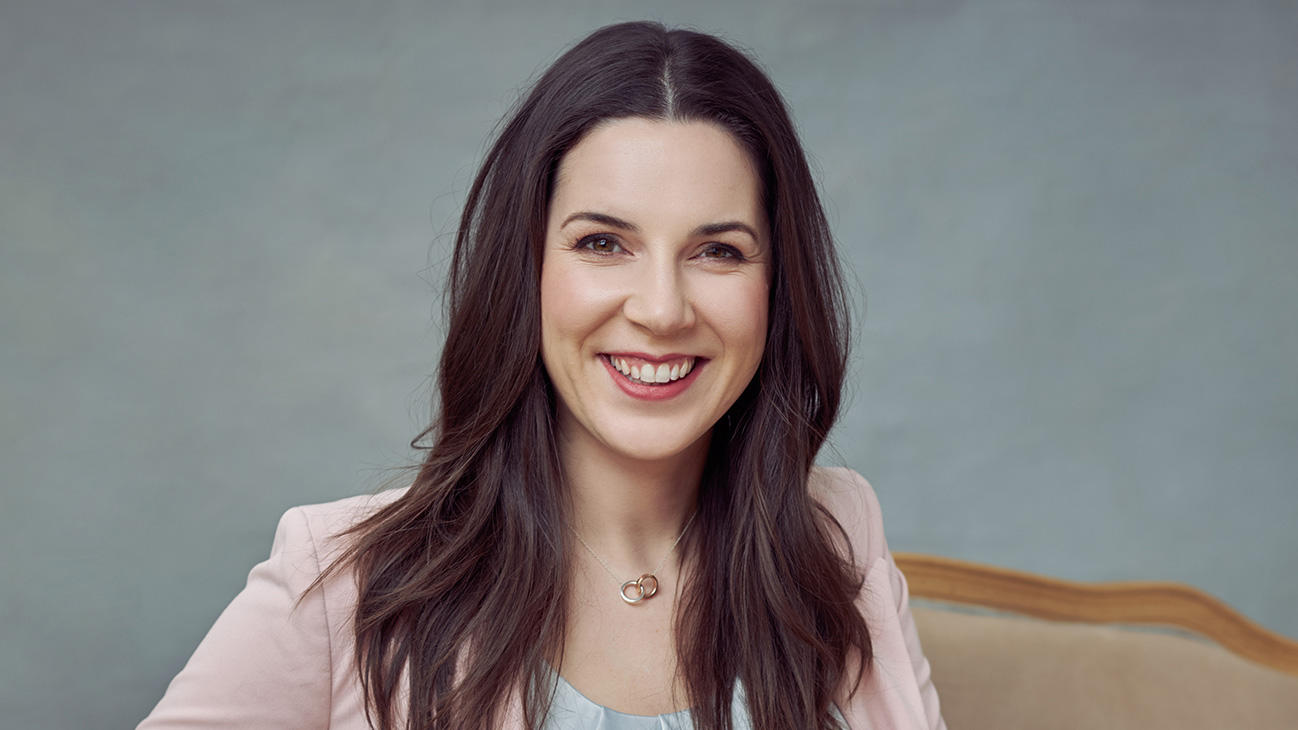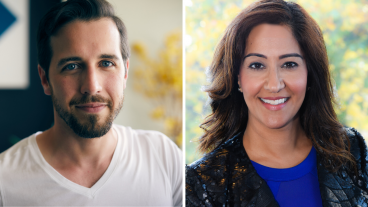The “shelter in place” mandate has thrown many people into the impossible tasks of full-time work, full-time parenting, and, for many, part-time teacher. Three jobs! All at once.
Add to that the fear, uncertainty, financial impact, and rapid change the world is going through, for many of us it is crushing. Something is always suffering, whether it’s our jobs, our household, our children’s care, or, most often, ourselves.
The messaging from the government, health organizations, and often employers is to take care of yourself. There is and will continue to be a significant mental health impact because of the isolation required, ironically enough, for our health.
During this difficult time, self care often falls to the bottom of the list, if not completely off the list.
The undeniable truth is that our brains need breaks (adequate recovery) to function optimally both for mental well-being and performance.
I’ve dedicated my research on the behaviours we can engage in to effectively recover during our workday. I don’t just study it, I live it. As I write this my 6-month-old is at my feet and my 3-year-old is playing with his cars.
How do we get the recovery we desperately need, now more than ever? Effective microbreaks.
We all take breaks during the day. They are either conscious or unconscious, ineffective or effective — we simply cannot hold a cognitive load for a long period of time. You will notice that while you are working, your attention drifts and you find yourself checking email or social media. These breaks are neither effective nor deliberate.
In a recent meta analysis I did, I looked at all the studies ever performed on breaks during the workday. It came down to this, breaks produced positive results for mental well-being and productivity. The only break that was detrimental: media and social media. It simply does not allow our brain to shut off and produce respite.
Effective breaks could be grouped into three categories:
- Connect with yourself.
- Connect with others.
- Connect with nature.
If we pair that with the science of how certain behaviours impact creativity, productivity, focus, mood, stress, and other aspects of brain function seeking the highest return on a short time investment, we can narrow down an effective microbreak to the following:
1. Walking in Nature
Being in nature has a positive impact on our brain health. “Forest bathing” or emerging yourself in nature is prescribed for many health conditions and has an immediate impact on stress, blood pressure, and improved mood. It turns off the part of our brain that is active during work and puts the brain into a more meditative state, offering restoration.
Add walking in nature and this brings the restorative properties of exercise as well — this combination is ideal. If you can, turn off devices and be present. Another alternative is to bring someone you are isolated with to connect on the walk.
2. Movement of Any Kind
Exercise is one of the most effective ways we have to treat stress, anxiety, depression, and brain degenerative diseases such as Alzheimer’s. Around the world we are seeing decreased amount of physical activity and increased amount of inactivity. This is a recipe for mental and physical illness and the remedy does not need to be time consuming or complex.
If you don’t have time for long bouts of exercise, try:
- Walking/running up and down the stairs between meetings.
- Marching or running in place.
- Body weight exercises even for just a few minutes.
- Stretching at your desk.
- Walking while on phone meetings.
- Active play with the kids.
3. Short Mindfulness Practices
I have never been able to dedicate large periods of time to meditation. I practice mindfulness in small chunks of time that I find during the day, such as in the shower or drinking my morning coffee in the five minutes before everyone wakes up. Even small bouts of mindfulness can have a positive impact on your stress level and ability to focus.
Finding these small amounts of time right now though can be challenging. What I have done is put both kids in the car where they stay silent and drive around practicing breathing exercises. Others have told me that they take long showers or escape to the bathroom.
When taking your next break, be mindful of what you do with your time! Instead of picking up your phone and aimlessly scrolling, give your brain a well-deserved break — even if only for a minute! — that will actually leave you feeling rested and rejuvenated
Award-winning CEO Dr. Lisa Bélanger shows leaders and teams how insights from psychology, neuroscience, and behavioural science can be applied in the workplace to optimize performance, productivity, and innovation.
Lisa is the bestselling author of two books, with her latest being Cup of Mindfulness: For the Busy and Restless. Join her at her virtual book launch on Wednesday, May 30 to learn simple mindfulness exercises through a sommelier-led wine tasting! Register online here.




